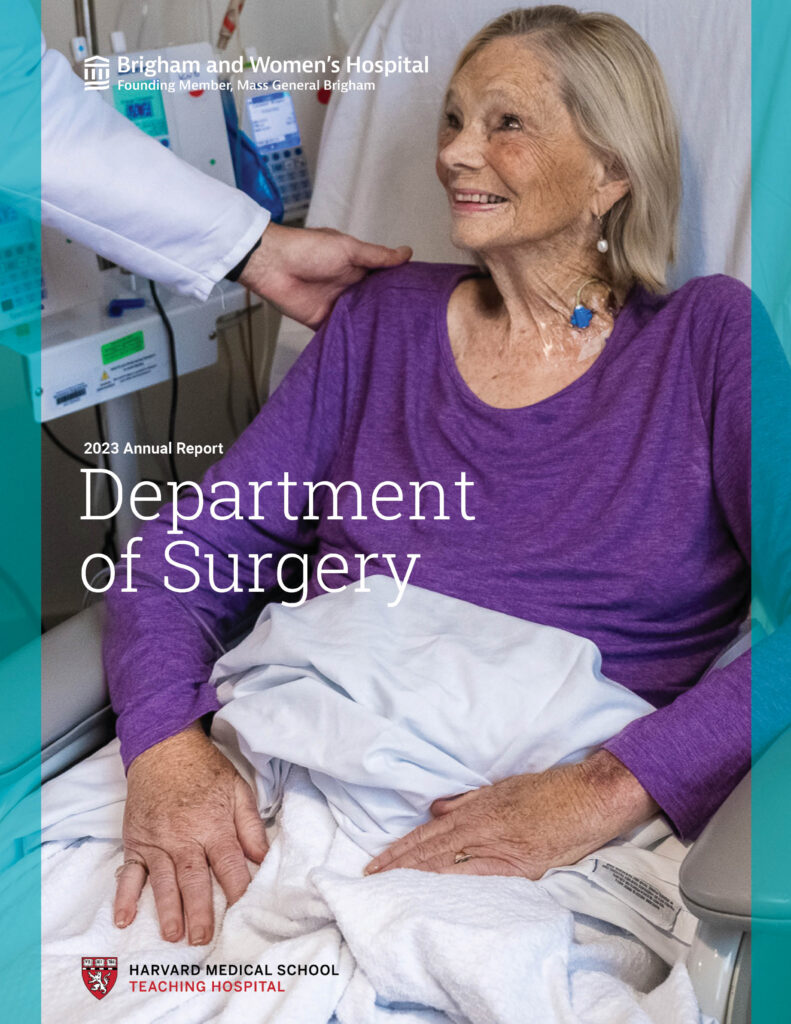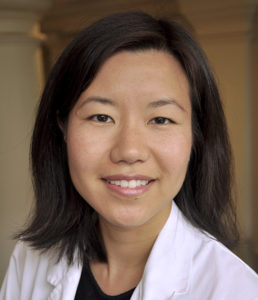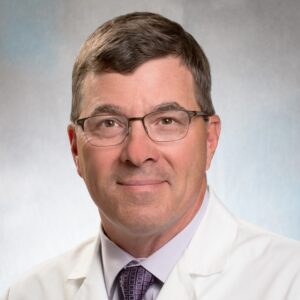Dr. Belkin, the John Anthony Mannick Professor of Surgery at Harvard Medical School and the chief of Vascular and Endovascular Surgery will be retiring at the end of the month. Dr. Belkin first came to the Brigham as the Homan’s Fellow in Vascular Surgery in 1988 and spent the following 30 years as an academic surgeon focused on clinical care, teaching and research.
Michael Belkin, MD
Chief, Division of Vascular and Endovascular Surgery
John Anthony Mannick Professor of Surgery, Emeritus, Harvard Medical School
Dr. Belkin received his medical degree from the University of Connecticut School of Medicine. He completed a general surgery residency at Hartford Hospital, a vascular research fellowship at Boston University (now Boston Medical Center) and the Homans’ Fellowship in Vascular Surgery at the Brigham under the guidance of Dr. John Mannick. He is board certified in vascular surgery. Upon completion of his fellowship programs, he became an assistant professor of surgery in the Division of Vascular Surgery at New England Medical Center (now Tufts Medical Center). In 1992, he became the program director in general surgery at the Brigham and later became the chief of the Division of Vascular and Endovascular Surgery in 2001.
The author of 160 peer-reviewed publications, Dr. Belkin’s clinical interests include open and endovascular approaches to aortic aneurysmal disease, carotid occlusive disease, arterial aneurysms, complex limb salvage and vascular surgery. A devoted educator, his research also focuses on the training of vascular surgery fellows and general surgery residents.
Dr. Belkin was recently appointed Emeritus status at Harvard Medical School based on his meritorious service and plans to stay involved in teaching and research at the Brigham.



